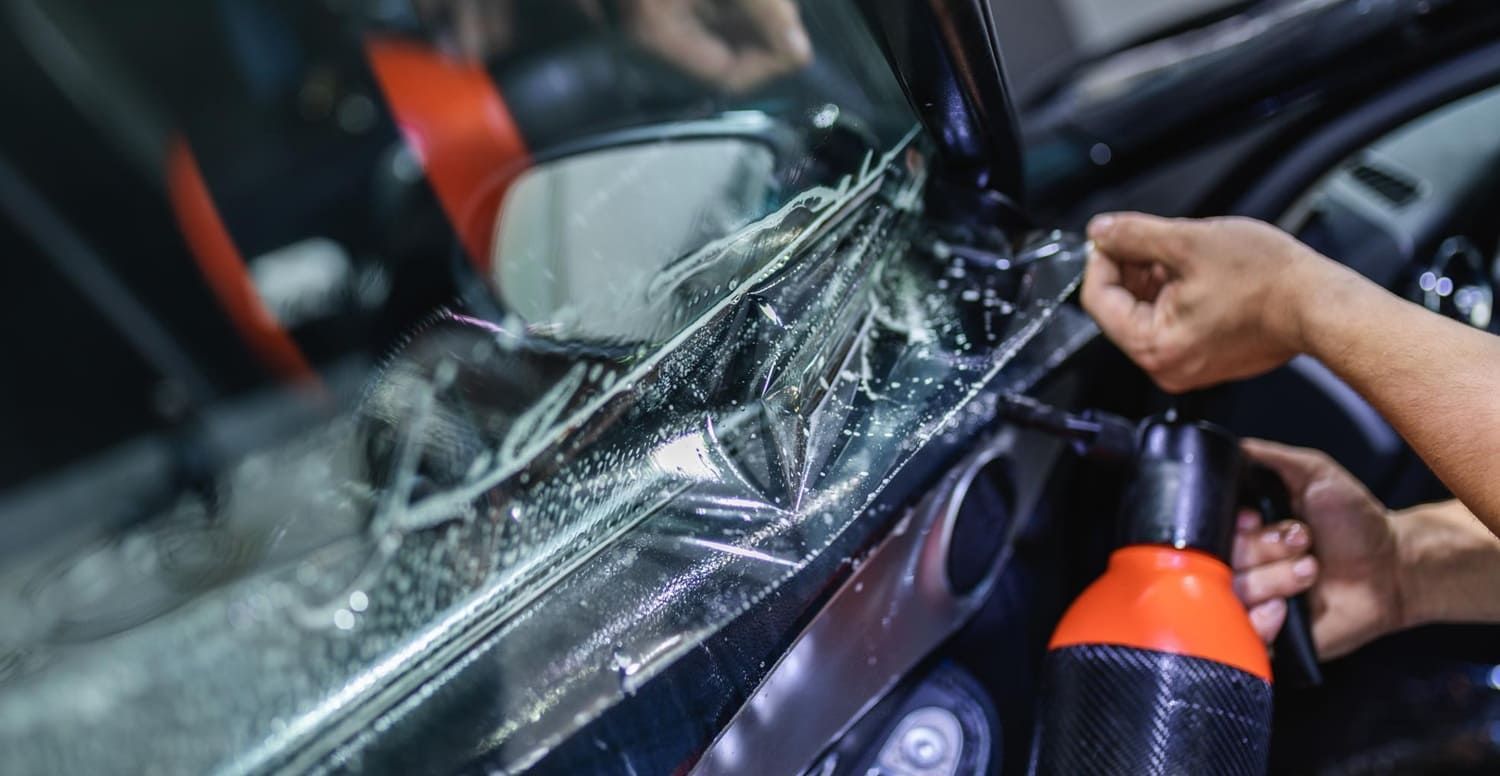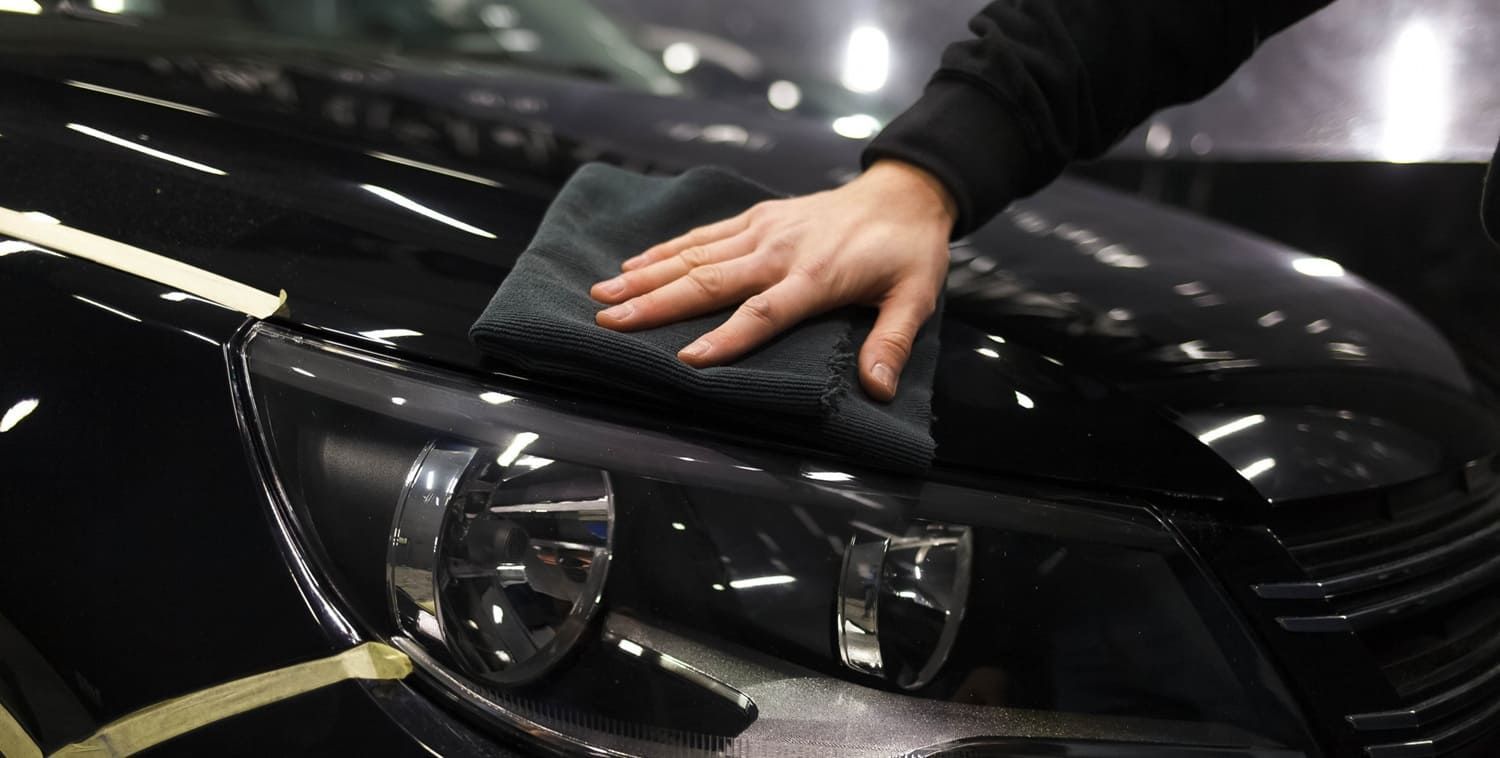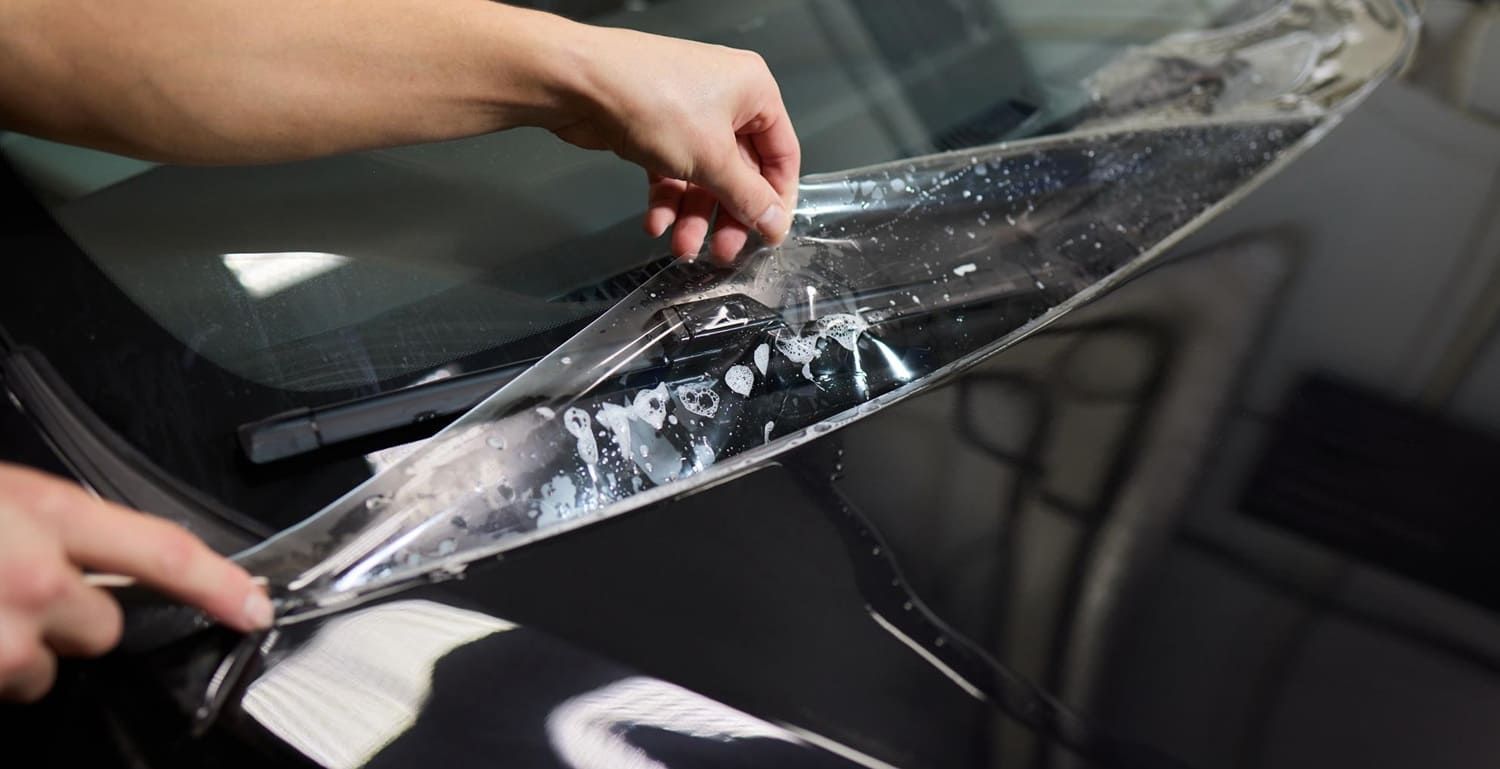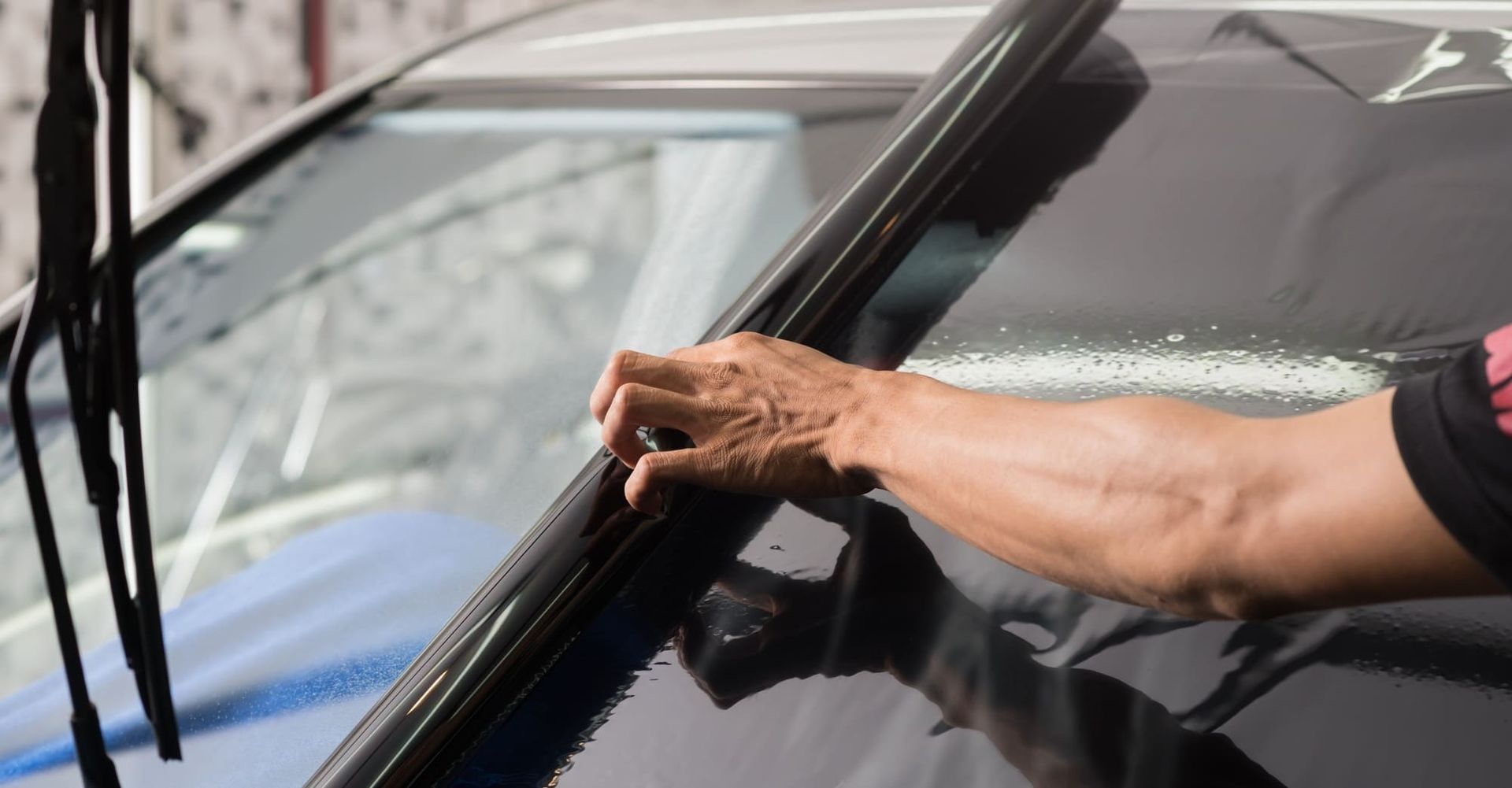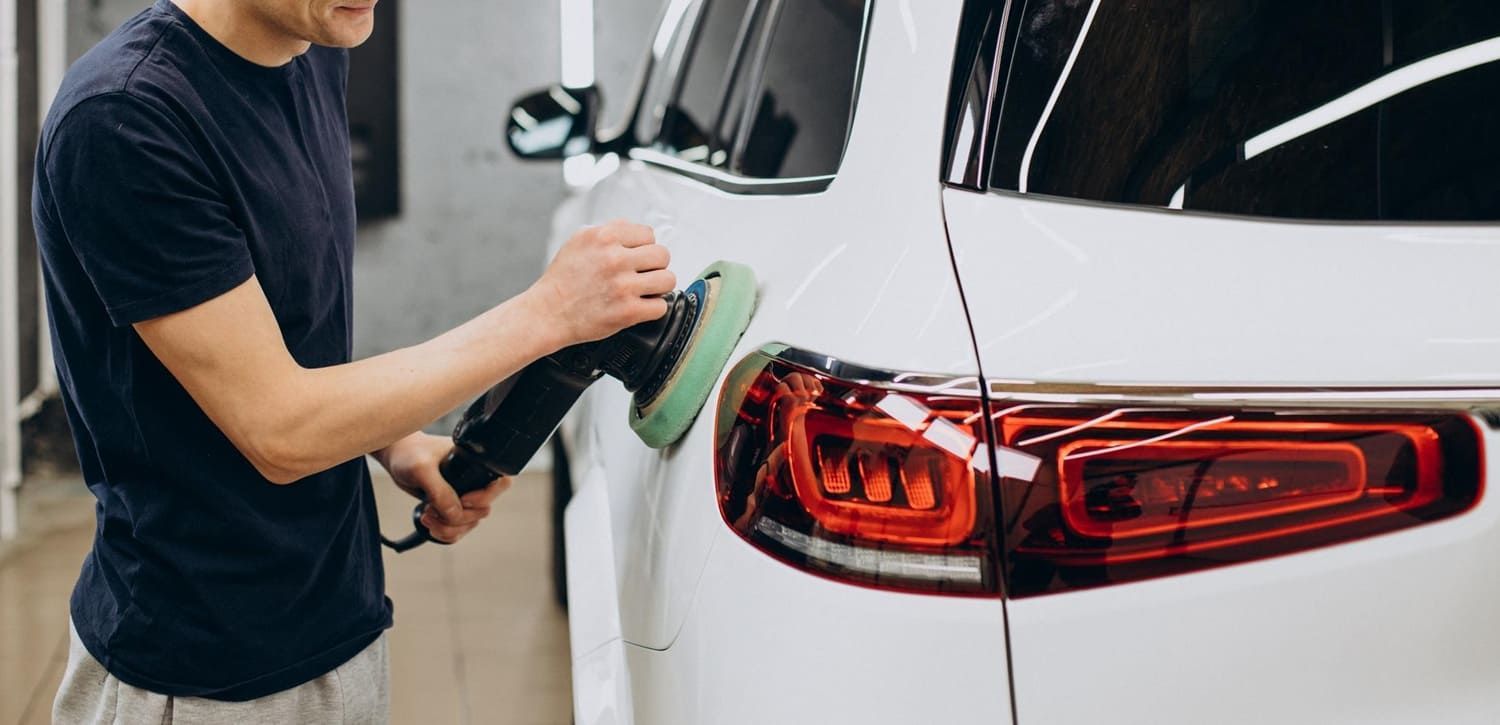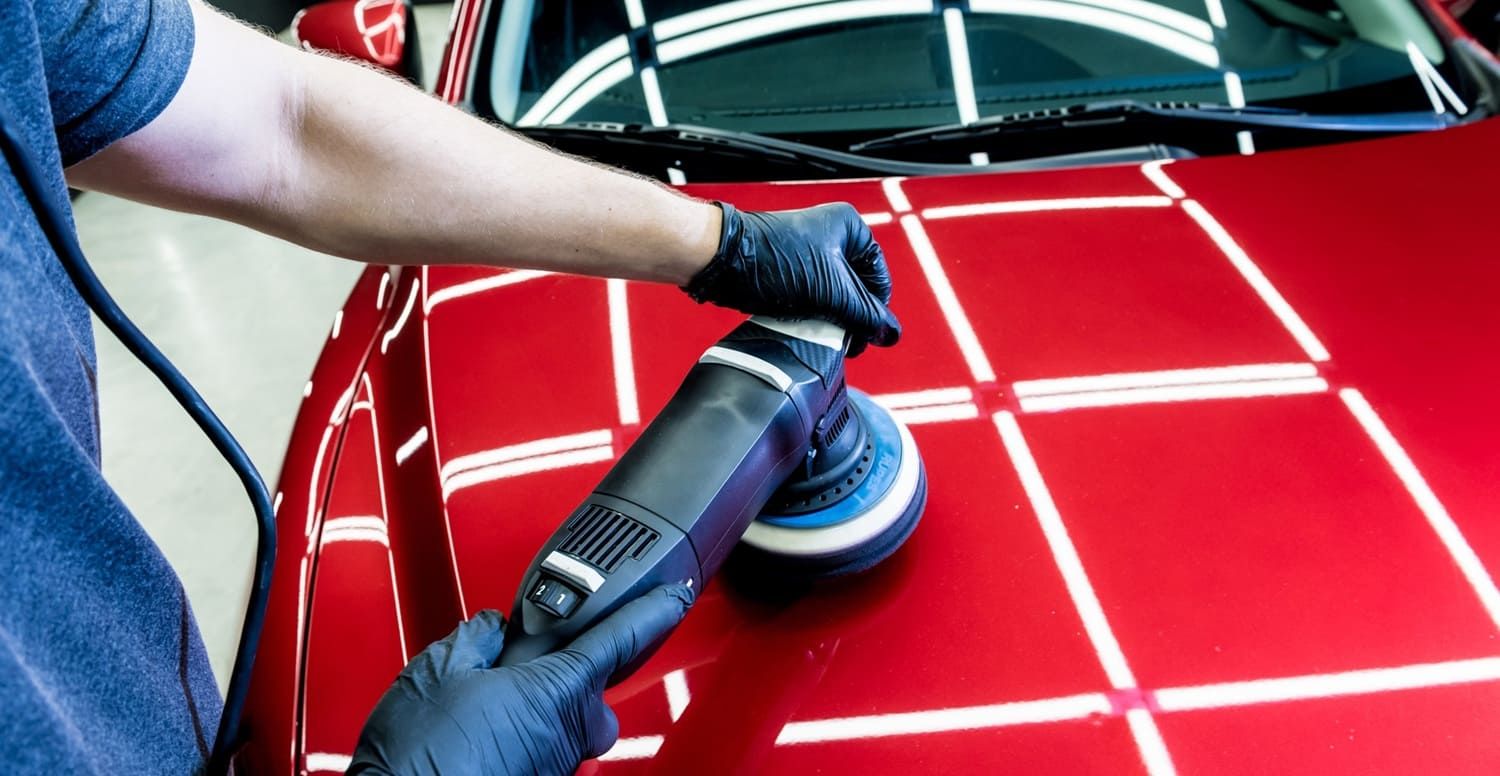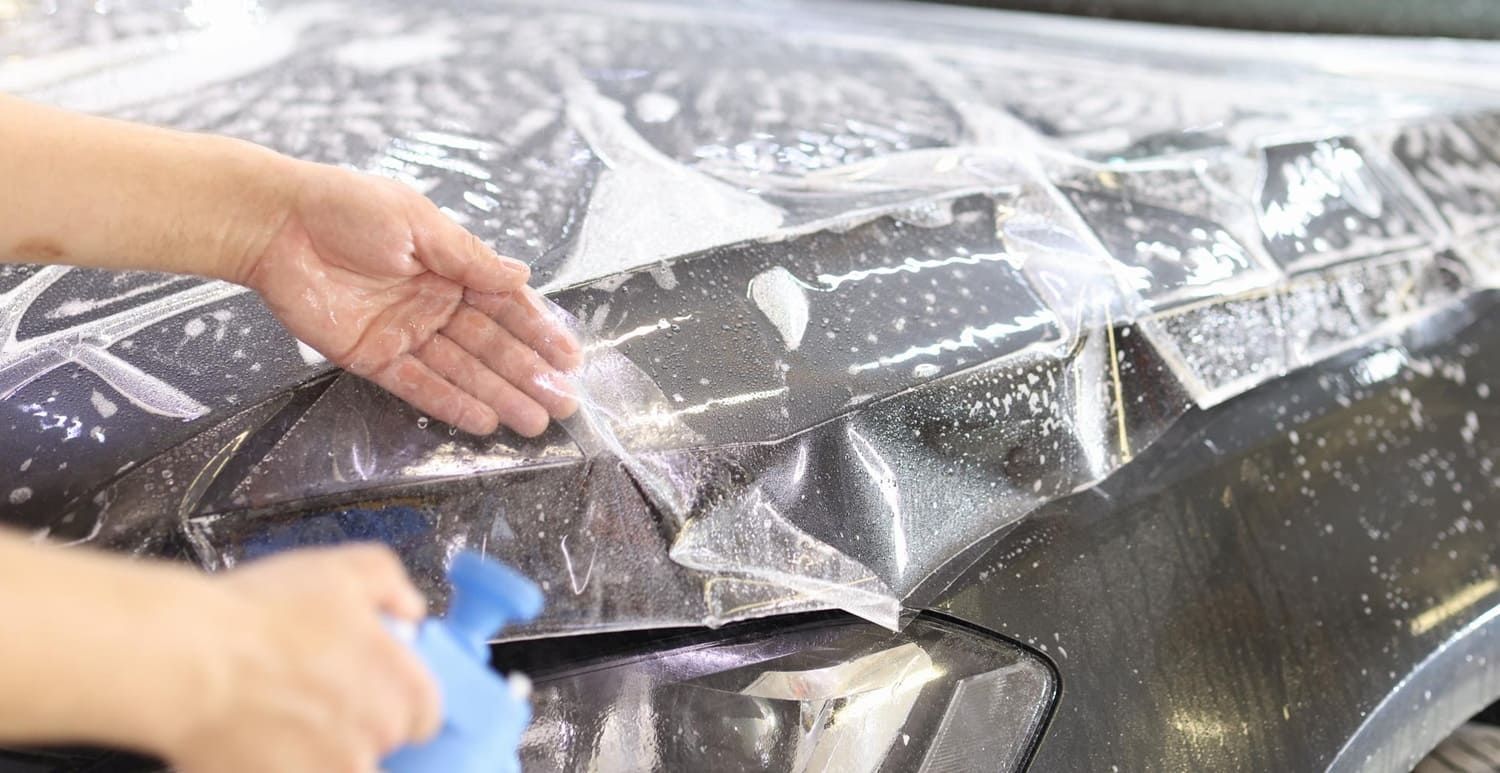Creating an Energy Efficient Home: How to Get the Most of Window Film
If you are looking to create a more energy efficient home, window film is a great way to drive down your energy costs and usage.

The average household in the United States uses about 900 kWh of electricity each month. Depending on where you live, that usage equates to between $960 and $3,200 in electricity bills every year!
As such, it's no surprise that many homeowners are looking for ways to enjoy a more energy-efficient home. There are several potential solutions, including window film.
Window film is an affordable alternative to more complex household energy-saving upgrades, including solar panels and tankless water heaters. This guide will discuss the most crucial benefits of using window film to lower your annual energy costs.
Energy Saving Benefits of Window Film
Upon first glance, a window film might not look very impressive or substantial. After all, many window films are thin and semi-transparent.
But there are many types of window films, some of which are explicitly designed to reduce your energy costs and reduce the amount of UV radiation entering your home.
Still, how does window film make your home more energy efficient? The answer lies in its ability to adhere to glass.
Contrary to what you might think, glass isn't a typical solid. Instead, it's a constantly-shifting material that falls somewhere between a solid and a liquid.
This unusual composition allows light and heat to pass through glass windows. That's why your home's windows are often far colder in the winter than your home's floors or walls.
Window films provide an extra barrier that reduces the amount of heat capable of entering or leaving a home through its windows. This additional insulation layer can help keep your heating and cooling costs low.
Consequently, the two primary energy-saving benefits of window films are:
- Reduced heat transference, and
- Lower heating and cooling costs
But before you run out to your local home improvement store and buy several rolls of window film, it's crucial to note that there are quite a few kinds of window film.
Depending on your specific needs and preferences, you might want to invest in several types for different areas of your home.
Types of Window Film
Window films can add color to your home's windows, or they can add a tint that makes it harder for passersby to peek inside. They can also reduce heat transference, keeping energy costs low.
The most common (and practical) types of window film include:
- Solar window films
- Decorative window films
- Security window films
- Anti-graffiti window films
Not sure which options might be suitable for your home? Let's take a moment to discover their features and benefits. That way, you'll be able to choose a window film that fits your needs.
Solar Window Films
If energy savings are your top priority, solar window films are made for you! These reflective interior-and-exterior window films reduce heat transference through a window's glass, block UV rays, and help maintain interior temperatures.
Besides, their reflective qualities add some privacy to your home, allowing you to open your curtains or blinds without having to worry about curious neighbors peering in. That said, some of these window films become virtually invisible during the night.
Still, you could save up to 30% of your home's cool air by installing solar window films. That equates to approximately $300 to $800 worth of savings each year!
Decorative Window Films
Are you looking for a non-permanent way to add a little color, texture, or ambiance to your home? If so, you'll want to consider adding decorative window films.
These aesthetically-pleasing types of window film come in a rainbow of colors and several eye-catching designs. You can even order customized window films that match your home's precise color scheme or decor.
You can turn the sunlight streaming in through the windows into a dazzling array of multi-colored light rays, making any room far more magical. You could also add a removable privacy frost to your bathroom window in just a few minutes.
Even better, many decorative window films also help reduce heat transference, resulting in lower annual energy costs.
Security Window Films
Those living in hurricane-prone states like Florida will want to consider investing in security window films as soon as possible.
That's because these films can increase the stability of glass windows, reducing their likelihood of shattering due to high winds or impacts. Notably, solar safety and security films increase window strength while insulating the glass.
As such, those looking for the optimal combination of impact and heat transference protection may want to choose window films that are graded for security and solar safety.
Of course, homeowners could also invest in residential window tinting services for a more permanent solution.
Tinted windows offer multiple benefits, including reduced UV radiation entering the home, reduced air conditioning costs, increased privacy, and decreased glare. If you own your home, window tinting services could be one of the best upgrades you make this year.
Anti-Graffiti Window Films
Do you live in an area that's prone to graffiti vandalization? If so, you might worry that your home's windows might end up covered in hard-to-clean spray paint.
Exterior anti-graffiti window films can alleviate this worry, as they provide protection that keeps harsh spray paints off window glass. If they're damaged by graffiti, you can peel the film away and replace it with a new sheet.
Imagine how much time, energy, and money you could save by protecting your home's windows with a few sheets of transparent window film!
Create an Energy-Efficient Home
High-quality window film can make your home more energy-efficient, secure, and aesthetically pleasing. Window films can also make short work of cleaning up exterior graffiti!
For a more energy-efficient home, contact a company that offers residential window tinting services and window film products. Solar Shade Window Tint is a fantastic choice, especially for homeowners and renters in North and Central Florida.
Are you ready to embrace energy savings and keep your windows looking their best? If so, contact us today for more information!

